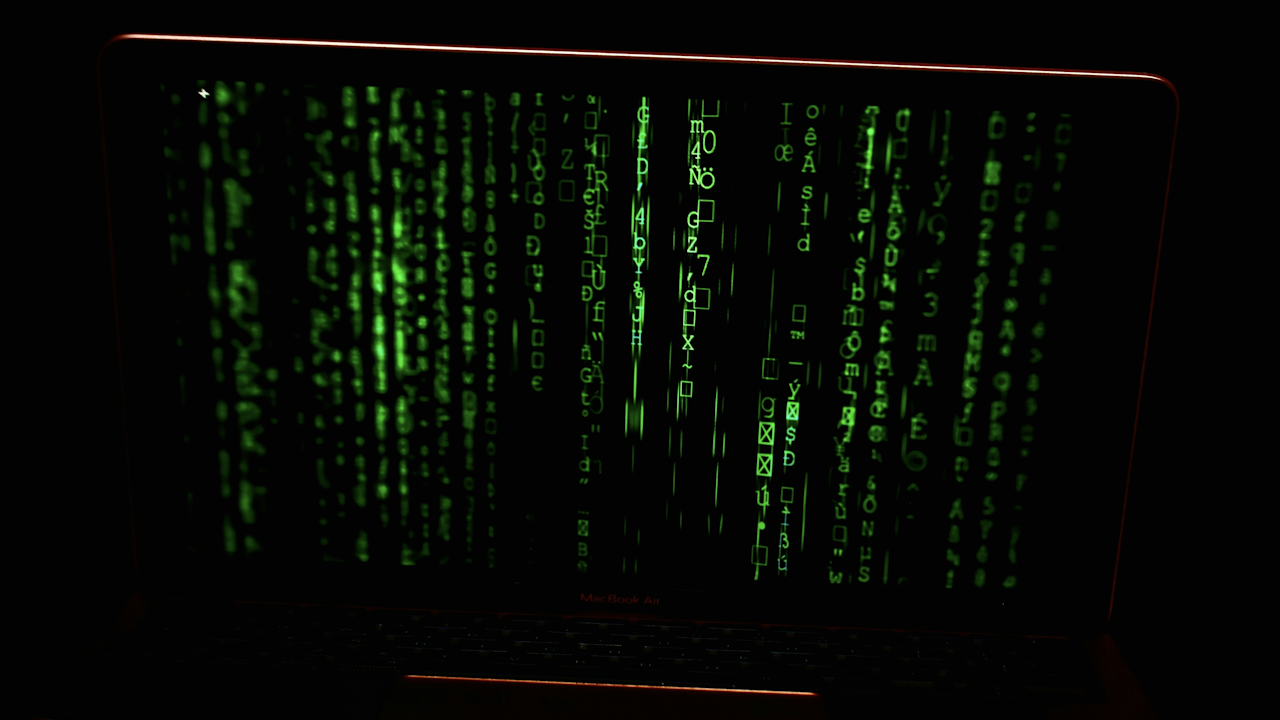In the twenty-first century, the political battlefield is no longer confined to physical borders or traditional forms of warfare. While tanks, planes, and naval forces remain critical components of national defense, the rise of cyber warfare has redefined how nations assert power, protect sovereignty, and challenge rivals. Cyber warfare operates in the digital space, where governments, militaries, and non-state actors exploit vulnerabilities in computer systems to gather intelligence, disrupt services, influence public opinion, or inflict economic and political damage. This shift has created a new domain of conflict, one that is less visible than conventional warfare but potentially just as destructive.
At its core, cyber warfare involves the use of digital tools to conduct offensive and defensive operations. These can include hacking into government networks, stealing classified information, disabling infrastructure, or launching disinformation campaigns to destabilize a rival society. Unlike traditional warfare, cyber operations can be carried out anonymously and across vast distances, making attribution difficult. A cyberattack might originate from a server in one country, be routed through several others, and leave investigators uncertain about who was truly behind it. This lack of clarity complicates international responses and creates opportunities for aggressors to operate with fewer immediate consequences.
One of the most striking aspects of cyber warfare is its asymmetrical nature. Smaller or less powerful states, which would struggle to compete militarily against global superpowers, can develop cyber capabilities that allow them to punch above their weight. For example, North Korea, despite its economic challenges, has invested heavily in cyber units that conduct financial theft and disruptive attacks. These operations provide revenue for the regime while also creating instability abroad. In contrast, traditional military competition with larger powers would be far more costly and less likely to succeed. Cyber warfare, therefore, offers weaker states a relatively low-cost method of achieving strategic goals.
Major powers also view cyber warfare as a central element of national security strategy. The United States, Russia, and China all possess highly advanced cyber units capable of both offensive and defensive operations. For these nations, cyber capabilities are not just tools for sabotage but also instruments of political influence. Russia, for example, has been accused of using cyber operations to interfere in foreign elections, most notably in the United States and several European countries. These efforts often involve hacking political organizations, leaking sensitive information, and spreading disinformation on social media to undermine trust in democratic institutions. Such tactics do not require the use of bombs or troops, yet they can profoundly affect political stability and international relations.
China, on the other hand, has been linked to large-scale cyber espionage campaigns targeting both governments and corporations. These operations aim to gather intelligence, steal intellectual property, and strengthen China’s position in areas such as technology and defense. The economic impact of such cyber theft is enormous, with estimates running into billions of dollars annually. Beyond financial loss, these activities raise concerns about national security, as stolen information can enhance China’s military capabilities and weaken the competitiveness of rival industries.
The United States has also invested heavily in cyber warfare, both to protect its vast digital infrastructure and to develop offensive tools. Reports suggest that American cyber units have conducted operations against adversaries to disrupt their communications, disable weapons systems, or gather intelligence. However, the U.S. also faces constant threats at home, as critical infrastructure such as power grids, financial systems, and healthcare networks remain potential targets for cyberattacks. The Colonial Pipeline attack in 2021 highlighted the vulnerability of vital services to ransomware and underscored the potential for cyber incidents to cause widespread economic and social disruption.
Non-state actors also play a significant role in cyber warfare. Terrorist groups, hacktivist organizations, and criminal syndicates have all used digital tools to pursue their goals. While terrorist groups may lack the resources of nation-states, they can still exploit cyber means for propaganda, recruitment, or small-scale disruptions. Hacktivist groups often launch cyberattacks in pursuit of political or social causes, sometimes aligning with broader geopolitical tensions. Criminal organizations, meanwhile, conduct ransomware attacks or financial theft for profit, but their activities can also have geopolitical consequences if they overlap with state interests or operate with tacit state approval.
The political consequences of cyber warfare are profound. First, it blurs the line between war and peace. A cyberattack may not result in physical destruction or loss of life, yet it can still inflict significant harm on a nation’s economy, governance, or public trust. This ambiguity makes it difficult to determine when an attack crosses the threshold into an act of war, and how states should respond. Second, cyber warfare challenges existing international law. Traditional frameworks such as the Geneva Conventions were developed for physical warfare and offer limited guidance on digital operations. Efforts to create norms or treaties governing cyber conflict have faced obstacles, as states are reluctant to limit capabilities that they see as essential for national security.
Defending against cyber threats requires a multifaceted approach. Governments must invest in cybersecurity infrastructure, share intelligence with allies, and develop resilience strategies for critical systems. Public-private partnerships are especially important, as much of the digital infrastructure targeted in cyber warfare is owned and operated by private companies. At the same time, diplomacy and international cooperation are essential for building norms of responsible behavior in cyberspace. Without such efforts, the risk of escalation and unintended consequences will only grow.
Cyber warfare represents a new political battleground, one that will define the security landscape of the twenty-first century. Unlike conventional war, it is a constant, ongoing struggle that unfolds every day in the shadows of digital networks. States, organizations, and individuals are all actors in this domain, whether they are defending vital systems or seeking to exploit vulnerabilities. The political stakes are high, as cyber operations can influence elections, disrupt economies, and shape the balance of power among nations. As technology continues to advance, the importance of this battleground will only increase, making cybersecurity and digital resilience central to the survival and sovereignty of modern states.

